What's eating the zinnias?
Richard Dollard
15 years ago
Related Stories

GARDENING GUIDESNortheast Gardener's September Checklist
Pluck those tomatoes, enjoy ever-changing grasses and get an eyeful of exuberant zinnias
Full Story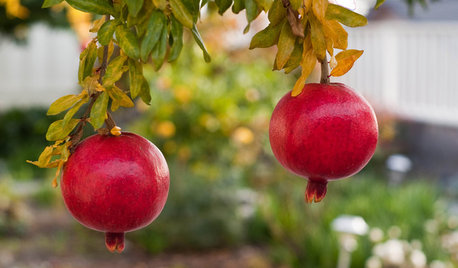
GARDENING GUIDESNorthern California Gardener's October Checklist
It's still a great time to plant flowers, vegetables and even bulbs in California gardens this month, thanks to predictably mild weather
Full Story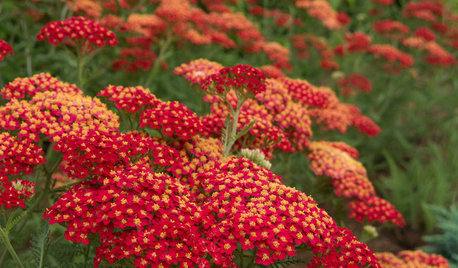
GARDENING GUIDESTop 12 Summer-Blooming Perennials for Deer-Resistant Drama
Can you have garden color, fragrance and exciting foliage with hungry deer afoot? These beauties say yes
Full Story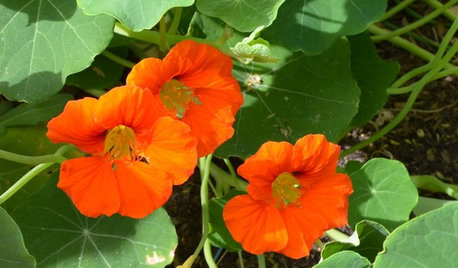
CONTAINER GARDENS7 Deer-Resistant Flowers for Your Summer Containers
Grow these as protection for edibles or just for their colorful beauty — deer might not like them, but everyone else will
Full Story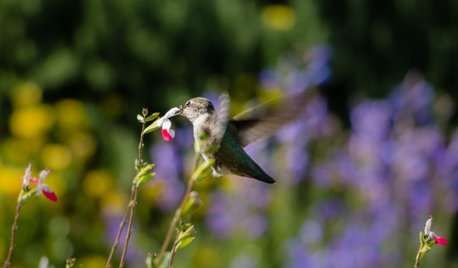
GARDENING GUIDESAttract Hummingbirds and Bees With These Beautiful Summer Flowers
Roll out a welcome mat for pollinators to keep your landscape in balance and thriving
Full Story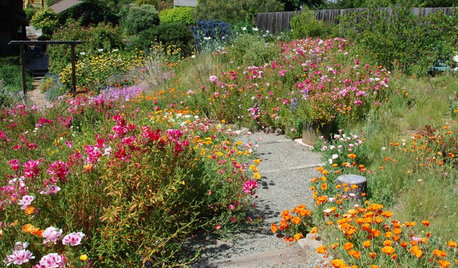
EARTH DAYHow to Design a Garden for Native Bees
Create a garden that not only looks beautiful but also nurtures native bees — and helps other wildlife in the process
Full Story
EDIBLE GARDENSGarden BFFs? Why Your Vegetables Are Begging for Companion Plants
Foster friendships among plants for protection from pests, pollination support and color camaraderie
Full Story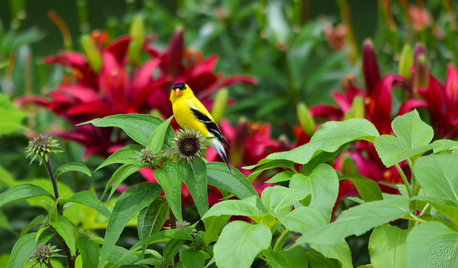
GARDENING GUIDESBackyard Birds: How to Care for American Goldfinches
The American goldfinch is a bright-in-the-summer visitor and one of the only vegetarian songbirds. Here's how to give them a healthy habitat
Full Story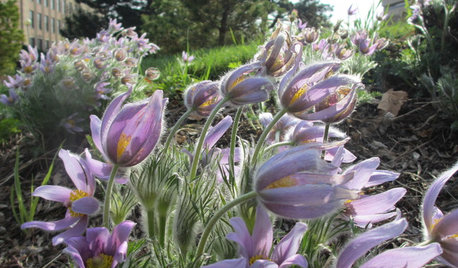
GARDENING GUIDES6 Plants That Beat Butterfly Bush for the Wildlife Draw
It's invasive, a nonnative and a poor insect magnet. Check out these better alternatives to butterfly bush in the garden
Full Story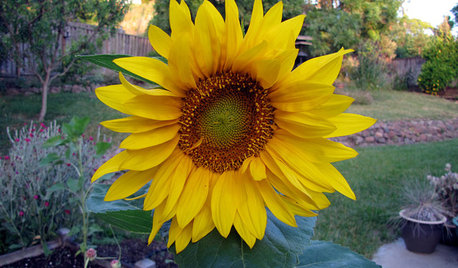
MOST POPULARSummer Crops: How to Grow Sunflowers
Savor snack-tastic sunflower seeds once the radiant blooms have faded — if the birds have saved you any, that is
Full StoryMore Discussions


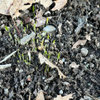
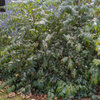

ctlady_gw
diggingthedirt
Related Professionals
River Forest Landscape Architects & Landscape Designers · Wheeling Landscape Architects & Landscape Designers · Bowie Landscape Contractors · Chattanooga Landscape Contractors · El Mirage Landscape Contractors · Norwalk Landscape Contractors · Raleigh Landscape Contractors · San Antonio Landscape Contractors · Woodbury Landscape Contractors · Ferguson Landscape Contractors · Carlisle Decks, Patios & Outdoor Enclosures · Grafton Decks, Patios & Outdoor Enclosures · Northglenn Decks, Patios & Outdoor Enclosures · Provo Decks, Patios & Outdoor Enclosures · Saint Louis Park Decks, Patios & Outdoor Enclosuresellen_s
terrene
ctlady_gw
Richard DollardOriginal Author
terrene
littleonefb
Richard DollardOriginal Author
ctlady_gw
Richard DollardOriginal Author
diggingthedirt
User
charlieben